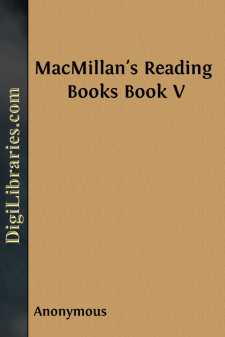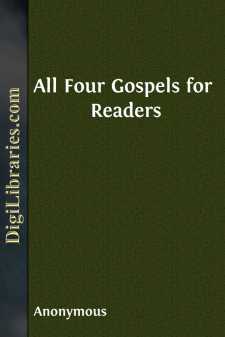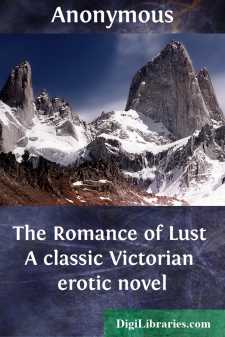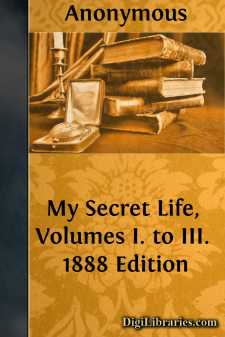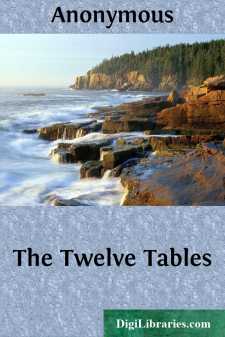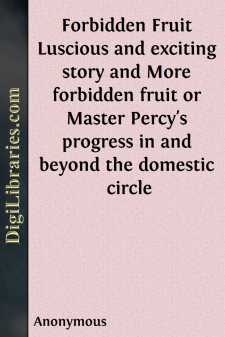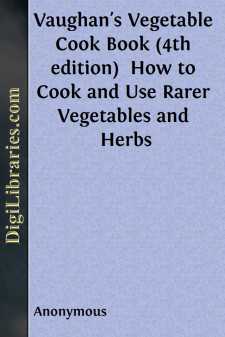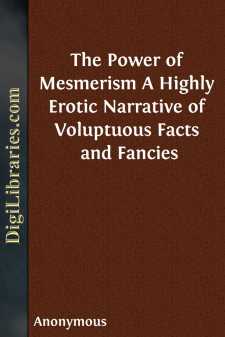Categories
- Antiques & Collectibles 13
- Architecture 36
- Art 48
- Bibles 22
- Biography & Autobiography 813
- Body, Mind & Spirit 142
- Business & Economics 28
- Children's Books 17
- Children's Fiction 14
- Computers 4
- Cooking 94
- Crafts & Hobbies 4
- Drama 346
- Education 46
- Family & Relationships 57
- Fiction 11829
- Games 19
- Gardening 17
- Health & Fitness 34
- History 1377
- House & Home 1
- Humor 147
- Juvenile Fiction 1873
- Juvenile Nonfiction 202
- Language Arts & Disciplines 88
- Law 16
- Literary Collections 686
- Literary Criticism 179
- Mathematics 13
- Medical 41
- Music 40
- Nature 179
- Non-Classifiable 1768
- Performing Arts 7
- Periodicals 1453
- Philosophy 64
- Photography 2
- Poetry 896
- Political Science 203
- Psychology 42
- Reference 154
- Religion 513
- Science 126
- Self-Help 84
- Social Science 81
- Sports & Recreation 34
- Study Aids 3
- Technology & Engineering 59
- Transportation 23
- Travel 463
- True Crime 29
MacMillan's Reading Books Book V
by: Anonymous
Description:
Excerpt
INTRODUCTION.
Throughout this book, and the next, you will find passages taken from the writings of the best English authors. But the passages are not all equal, nor are they all such as we would call "the best," and the more you read and are able to judge them for yourselves, the better you will be able to see what is the difference between the best and those that are not so good.
By the best authors are meant those who have written most skilfully in prose and verse. Some of these have written in prose, because they wished to tell us something more fully and freely than they could do if they tied themselves to lines of an equal number of syllables, or ending with the same sound, as men do when they write poetry. Others have written in verse, because they wished rather to make us think over and over again about the same thing, and, by doing so, to teach us, gradually, how much we could learn from one thing; if we think sufficiently long and carefully about it; and, besides this, they knew that rhythmical or musical language would keep longest in our memory anything which they wished to remain there; and by being stored up in our mind, would enrich us in all our lives after.
In these books you will find pieces taken from authors both in prose and verse. But of the authors who have made themselves famous by the books which they have written in our language, many had to be set aside. Because many writers, though their books are famous, have written so long ago, that the language which they use, though it is really the same language as our own, is yet so old-fashioned that it is not readily understood. By and by, when you are older, you may read these books, and find it interesting to notice how the language is gradually changing; so that, though we can easily understand what our grandfathers or our great grandfathers wrote, yet we cannot understand, without carefully studying it, what was written by our own ancestors a thousand, or even five hundred, years ago.
The first thing, however, that you have to do—and, perhaps, this book may help you to do it—is to learn what is the best way of writing or speaking our own language of the present day. You cannot learn this better than by reading and remembering what has been written by men, who, because they were very great, or because they laboured very hard, have obtained a great command over the language. When we speak of obtaining a command over language we mean that they have been able to say, in simple, plain words, exactly what they mean. This is not so easy a matter as you may at first think it to be. Those who write well do not use roundabout ways of saying a thing, or they might weary us; they do not use words or expressions which might mean one or other of two things, or they might confuse us; they do not use bombastic language, or language which is like a vulgar and too gaudy dress, or they might make us laugh at them; they do not use exaggerated language, or, worse than all, they might deceive us. If you look at many books which are written at the present day, or at many of the newspapers which appear every morning, you will find that those who write them often forget these rules; and after we have read for a short time what they have written, we are doubtful about what they mean, and only sure that they are trying to attract foolish people, who like bombastic language as they like too gaudy dress, and are caring little whether what they write is strictly true or not....


